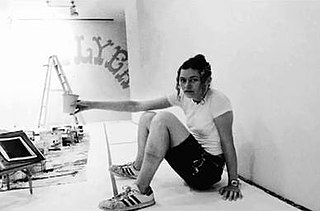A Quote by Steve Allen
In general, the straight line of a joke sets up a premise, an expectation. Then the funny ending - the punch line - in a sense contradicts the original assumption by refusing to follow what had seemed a reasonable train of thought. Many jokes involve that simple matter of leaping outside what had appeared to be the rules of the game at the moment.
Related Quotes
I remember being a kid, and if you had to pee, well, you had to hold it until the commercial break. Then you rushed, and hopefully, if you're going to the kitchen for a snack, you'll be back before so you don't miss a line. If your sister sneezed or was talking over a line, there was no way of knowing what that line was or what the joke was.
You could take up the line that some of the gnostics took up - a line which I often thought was a very plausible one - that as a matter of fact this world that we know was made by the devil at a moment when God was not looking. There is a good deal to be said for that, and I am not concerned to refute it.
I do everything by hand... Even if I'm doing really big letters and I spend a lot of time going over the line and over the line and trying to make it straight, I'll never be able to make it straight. From a distance it might look straight, but when you get close up, you can always see the line waver. And I think that's where the beauty is.

































